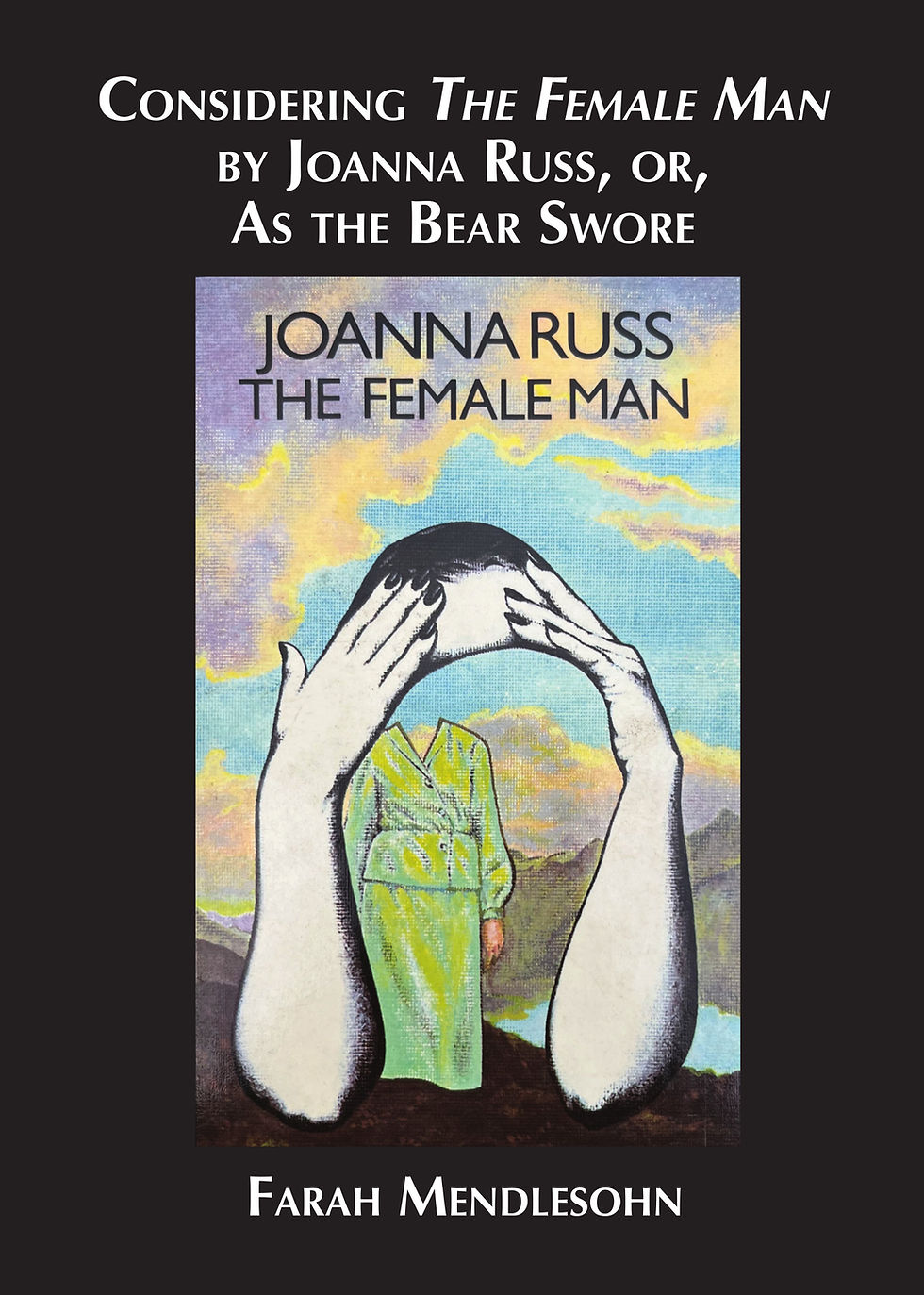C4P: A J Dalton - Embodiments of evil and reflections of social change in second-world fantasy
- Francesca T Barbini
- Apr 14, 2019
- 3 min read

Luna's third Call for Papers, A Shadow Within: Evil in Fantasy and Science Fiction will be released on Wednesday the 14th of August, at Dublin Worldcon. Explore the 21 brilliant papers you will find in the book.
Today, we would like to introduce you to A J Dalton (UK). PhD Creative Writing. Fantasy author with Gollancz.
Presenting the paper: Embodiments of evil and reflections of social change in second-world fantasy.
Adam says:
"It was the New Testament of the Bible that first presented us with Satan as ‘the Dark Lord’, a malign figure who sought to suborn and corrupt innocents, thereby to create widespread social upheaval, destroy the existing establishment and become the absolute ruler of the kingdom himself. For two millennia, this dark lord was considered to be an entirely real, imminent, and serious threat to humanity and any possibility of the establishment of God’s holy kingdom on earth. There was nothing entertaining about him whatsoever, as he imperilled our very souls.
However, towards the end of the nineteenth century, with the emergence of science fiction and fantasy (SFF) as distinct literary genres, the Dark Lord became enshrined in popular works of fiction. From Bram Stoker’s Dracula, to Tolkien’s Sauron, to Donaldson’s Lord Foul, to Lucas’s Darth Vader, the Dark Lord was ever present in SFF. Sometimes he was a mad god, evil emperor or evil corporation, but always there was that malign intelligence seeking to thwart the goody-goody Chosen One (white knight) of the 1980s and 90s. He had servants, in the form of demon armies, alien invaders or intelligent machines, seeking to drag the unwary into the underworld, to conquer us or to make humanity entirely extinct. Yet, significantly, the Dark Lord was always defeated, and the threat to ourselves was far less real, imminent or serious than we had once thought.
Come the new millennium, and the emergence of subgenres like ‘grimdark fantasy’ and ‘dystopian YA’, we tend to see everything in shades of grey far more. We still have invading hordes, be they zombies or Dothraki, but they are mindless disease-carriers and immigrants-with-a-cause rather than out-and-out followers of Satan. Our sense of evil has changed. We seem to understand that ‘evil’ is really a matter of perspective. And what has become of ‘the Dark Lord’ himself? Well, he is now the star of TV series such as ‘Lucifer’ or ‘Dracula’. Has he actually changed from antihero into hero? Has he won in some way? Or do we now recognise ourselves in him? Were we really fighting against ourselves all along?
This article considers the character of the Dark Lord and other embodiments of evil within fantasy literature in order to show how our idea of evil has changed over time, to identify how the genre has shifted (via new subgenres) since its early days, to consider emerging trends and, perhaps, to help us better understand ourselves. Initially, the article demonstrates how our understanding of the Satanic (or what is ‘wrong’ with the world and ourselves) develops and evolves with each different socio-historical moment by comparing Tolkien’s ‘high fantasy’ to subsequent ‘epic fantasy’. That comparison is enabled by a summary of the difference in characterisation, literary style, plot organisation, and themes of the two subgenres, and a description of the difference in underlying personal and social values of the two subgenres.
Having analysed and discussed the differing relationship to the Satanic in ‘high fantasy’ and ‘epic fantasy’, the article considers developments in the above relationship as represented in the ‘metaphysical fantasy’ and ‘dark fantasy’ subgenres of the early 2000s and the subsequent ‘grimdark fantasy’ and ‘dystopian YA’ subgenres of the 2010s. That will bring us up to now, and then we must consider where we stand… or kneel. The term originally coined and attributed to The Black Library’s Warhammer series, but which is used more widely by commentators and readerships"
A J Dalton has been an English language teacher as far afield as Egypt, the Czech Republic, Thailand, Slovakia, Poland and Manchester University. He has lived in Manchester since 2003, but has a conspicuous Cockney accent, as he was born in Croydon on a dark night, when strange stars were seen in the sky. He is the best-selling fantasy author of I Am a Small God (2017), The Book of Angels (2016), The Book of Orm (2015), Empire of the Saviours (2012), Gateway of the Saviours (2013), Tithe of the Saviours (2014), Necromancer’s Gambit (2008), Necromancer’s Betrayal (2009) and Necromancer’s Fall (2010). He maintains the Metaphysical Fantasy website (www.ajdalton.eu), where there is plenty to interest fantasy fans and there is advice for aspiring authors.
Follow the progress of A Shadow Within: Evil in Fantasy and Science Fiction on the "Books in Progress" page!






Comments